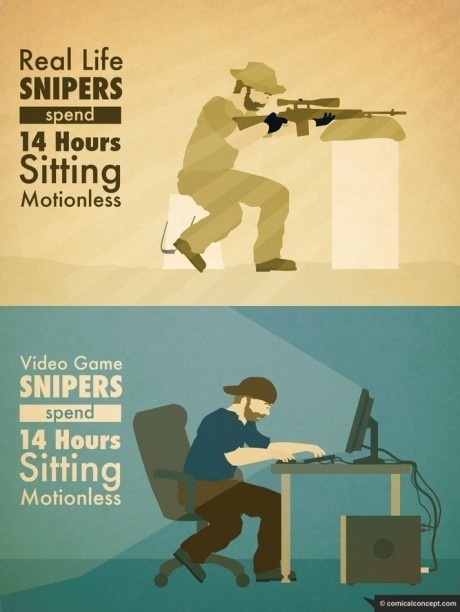Is Life a game? (Don Baracskay)
Well, of course it is, and it’s played on a colorful board and a spinner is used to move, and players are represented by differently colored cars.
Terrible jokes aside, The Game of Life represents an interesting view of life, in that it is essentially an incredibly happy view of life with all the boring stuff taken out. You start off deciding on whether or not to go to college or plunge straight into the workforce, and within a few turns you have a house and are getting married. 10 turns later you’ve inexplicably won a Nobel Prize, have three kids and one grandchild. Later down the line you retire to Millionaire Acres, having had a life of complete success…
Real life is considerably less straight forward, and many more negative things can happen than just losing your house or job (these occur in Life, but are instantly rectified by paying money and redrawing your job card). Life in terms of gameplay is relatively simple, with scores of games beating it in terms of complexity. But is real life just an ϋber complex game?
In life, you have goals (or objectives), you gain experience (or EXP) from learning and completing tasks, you compete with others for rewards, and you try to win life by becoming monetarily successful and supporting a family (some of you). To me, that sounds incredibly boring.
In my opinion, there is no winning real life. A mass fortune is nothing in comparison to that of friendships, but before I get at all mushy, the point I intend to convey is that about the experience and emotions. The real comparison between life and games is that they often have one perform menial tasks for simple rewards. Life rewards one sometimes with meaningful experiences, but more often with more work. Games respond with colorful animations that make the player feel more powerful, and once again have them do more work. The emotions games provide are like those life gives, but are mostly artificial.

Picture from: http://media.tumblr.com/tumblr_lmdne3CHLE1qcc8ul.jpg
Gamification is good for making menial tasks more bearable. I cannot argue with someone who chooses to exercise and track progress on his/her phone. Exercise is a highly repetitive task that gets really boring after several minutes. Gamification, in my opinion, should not go beyond this. There should never be games based on how many friends one has, or how well a person can dance (I don’t really like game shows beyond trivia shows). The former is just foolish, and the latter is a subjective analysis that rewards said person not for artistic pursuit, but for figuring out what the judges like.
The media clip I wanted put on this post was impractical but illustrated my point perfectly. It was an episode of the British anthological TV series Black Mirror, specifically the second episode of the first season entitled Fifteen Million Merits. It portrayed a society that essentially controlled by games, and is incredibly emotional and not appropriate for children. Luckily no one reading this post is a child and can be accessed from Netflix.